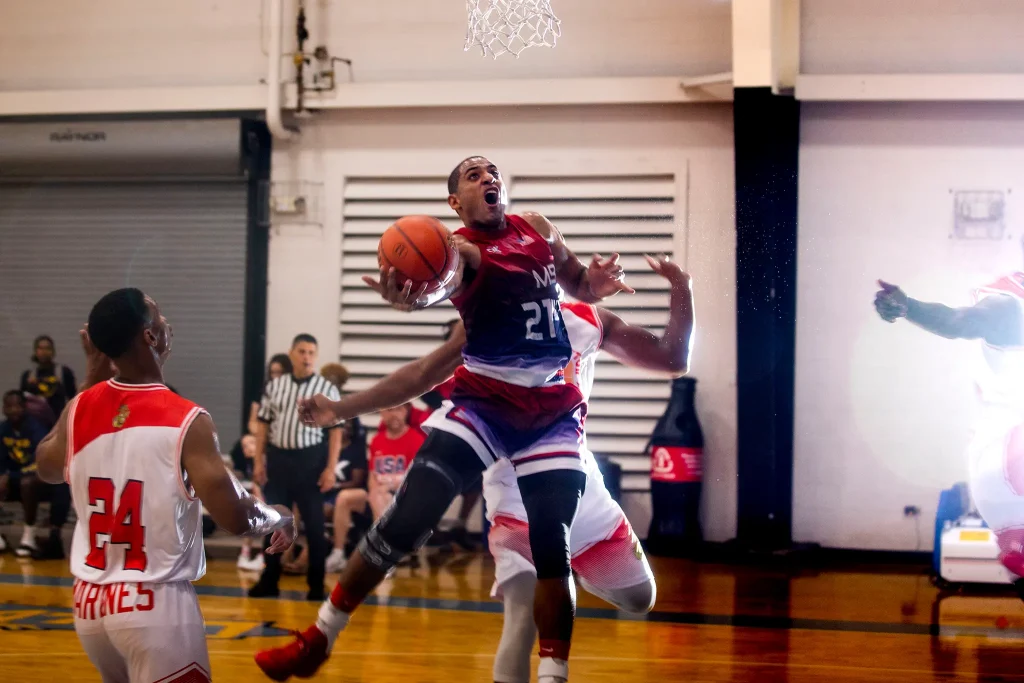
In recent years, NBA players have increasingly used their platform to speak out on social justice issues, and the league itself has taken steps to support activism. The NBA has a long history of players using their voices for change, from Bill Russell’s civil rights activism in the 1960s to Mahmoud Abdul-Rauf’s protest during the national anthem in the 1990s. However, the current wave of activism, led by figures like LeBron James, Chris Paul, and the Milwaukee Bucks’ decision to boycott a playoff game in 2020, has signaled a new era in the NBA’s role in social justice.
In 2020, following the shooting of Jacob Blake by police in Kenosha, Wisconsin, the Bucks, led by star players like Giannis Antetokounmpo, made the bold decision to boycott a playoff game. This act of protest was followed by other teams, leading to the suspension of games and a national conversation about racial inequality and police brutality. The players’ actions were a call for systemic change and demonstrated how athletes could use their platform to challenge the status quo.
LeBron James, one of the league’s most influential figures, has used his voice to advocate for racial equality, voter rights, and economic justice. His work extends beyond social media activism; he has created initiatives like the “I PROMISE School” for at-risk children in his hometown of Akron, Ohio, and has been outspoken about the need for change in policing and criminal justice reform. Similarly, Chris Paul, as the president of the NBA Players Association, has worked to ensure that players’ voices are heard on issues affecting not just the NBA, but society at large.
The NBA has supported these efforts by establishing the “NBA Foundation,” which focuses on improving economic mobility for Black communities, as well as collaborating with various social justice organizations. This wave of activism has elevated the NBA’s role as a leader in athlete-driven social change, with players and the league standing together to address critical issues facing society.
